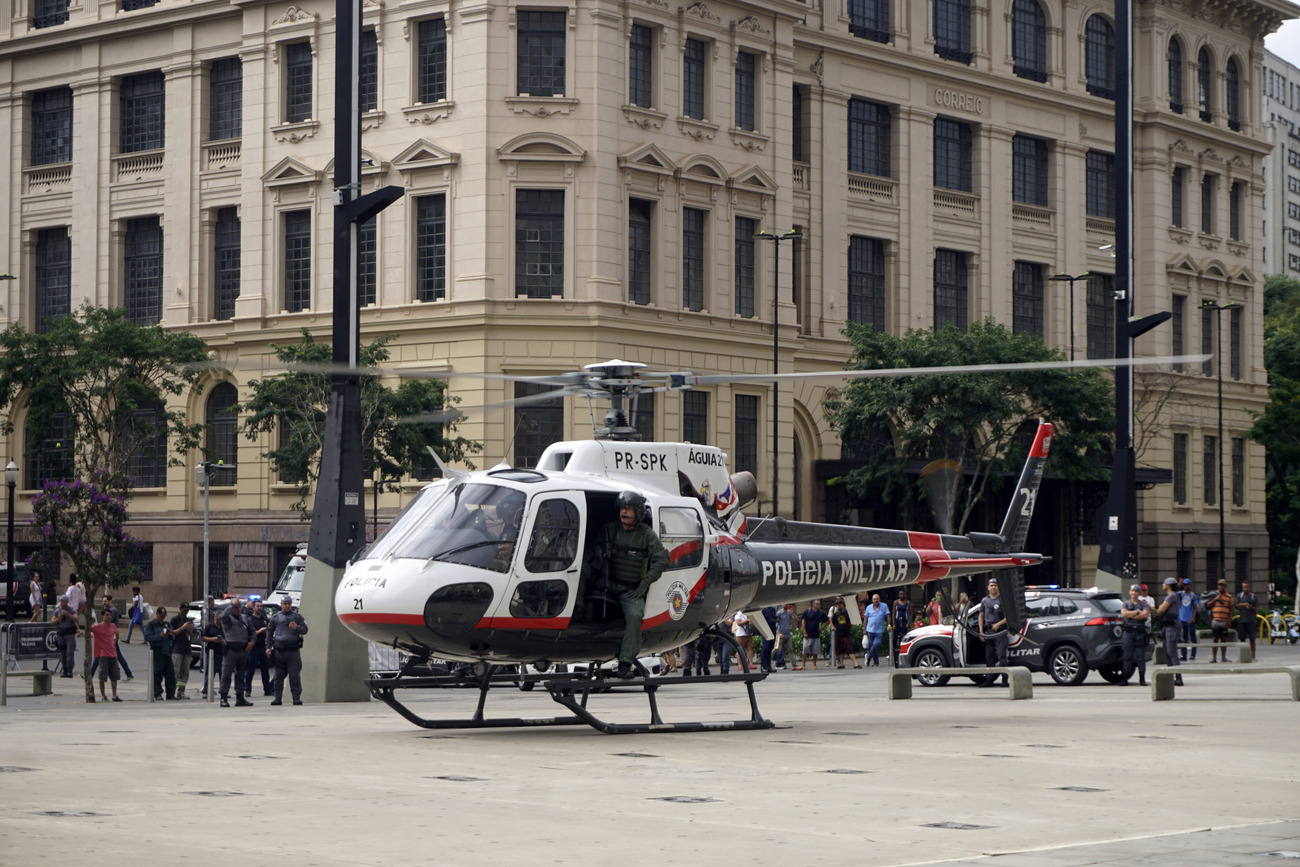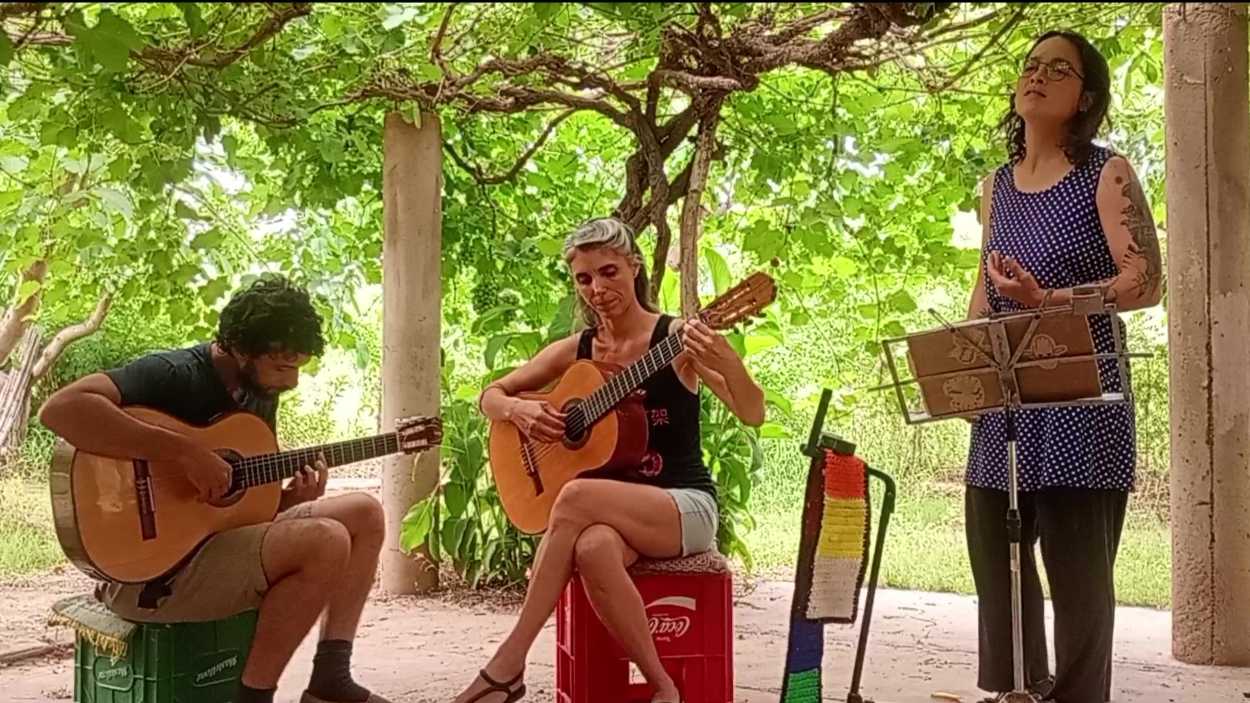Interview with Gilberto Kassab, Mayor of São Paulo Brazil
Interview with Gilberto Kassab, Mayor of São Paulo Brazil
Overseeing one of the region’s most important financial centers, Mayor Kassab outlines his initiatives to keep the city at the forefront of global commerce. This interview was conducted before July's tragic plane crash—our deepest condolences are extended to all.
“Our hope is that the state will move from being an obstacle to being a facilitator of private enterprise.”
Since 2006, Mayor of São Paulo Gilberto Kassab has governed Brazil’s—and one of the world’s—largest cities. His administration has focused on education, the environment, and health. Among his initiatives, he initiated the “Cidade Limpa” law to reduce the number of billboards advertising in the city, which Kassab calls “visual pollution.” In an interview with the Americas Society and Council of the Americas, Kassab discusses São Paulo’s role on the global stage and economic development plans for the city. Earlier this year, Mayor Kassab visited AS/COA to highlight business opportunities in São Paulo.
This interview was conducted prior to the tragic July plane crash in Brazil; our deepest condolences are extended to all.
AS/COA: The city of São Paulo is the second largest city in the world, with a vibrant diversified economy. How do you plan to sustain the city’s strong economy in the coming years?
Kassab: São Paulo has an innate cosmopolitanism and extraordinary economic diversity. The city operates, works and produces nonstop. For that reason, it spreads wealth throughout the region, making it a truly global city. Our administration seeks to find the means to consolidate that process. We are also working aggressively on basic issues such as health and education, and in just a short period of time, we have seen significant results. Initiatives such as strategic environmental measures and incentives for public-private partnerships, which will make large-scale public works projects viable, will help São Paulo maintain its growing and continued success.
AS/COA: What steps are being taken to attract more investment? Does São Paulo have the capacity to offer foreign investors good business conditions?
Kassab: Our current programs range from those that meet the basic needs of our citizens to quality-of-life improvements and upgrades to existing infrastructure. Together, these efforts stimulate economic development and attract investment. The economic,political and institutional stability of the country are factors that attract greater foreign capital. Once obtained, intermittent projects emerge, such as the downtown area revitalization—known as the New Light project—with potential profit levels well above the international average.
AS/COA: What are your plans for strengthening the relationship between the public and the private sectors?And how will the city of São Paulo benefit from public–private partnerships?
Kassab: Our hope is that the state will move from being an obstacle to being a facilitator of private enterprise. São Paulo requires large-scale public works projects that cannot be carried out exclusively with public resources. So, if today we only have 55 of the more than 180 kilometers needed for our subway network, this represents fertile ground for public-private partnerships. Such collaboration has already been proven by the construction of the subway’s number 4 line. A new exhibition hall is also among our priorities and represents another ideal scenario for partnership. Similar examples are increasingly common in other sectors.
AS/COA:Sustainable development is at the top of the government’s agenda. São Paulo has played an important role in international conferences, such as the C40 Large Cities Climate Summit in May 2007 in New York City. How can your administration’s plans for sustainable development serve as a global model?
Kassab: We initiated an array of educational programs to bolster the self-esteem of our citizens through efforts to combat visual and noise pollution. The contribution that we took to the C40 Summit was the Clean City Law, and we were pleased to see our efforts acknowledged by the likes of President [Bill] Clinton, Mayor [of New York Michael] Bloomberg, and Mayor [of London Ken] Livingstone. We are now embarking on a new endeavor aimed at recovering water sources and controlling carbon emissions. This is a great step towards achieving sustainable development.
AS/COA: Has your administration made it a priority to increase São Paulo’s visibility in international forums?
Kassab: Absolutely! We are well aware of the interdependence of markets in the current global economy. We therefore need to interact as much as possible with other great world cities to seek opportunities for cooperation, share our success stories and learn from others. But it goes beyond that: We wish to spread the message that our city is striving to be on the cutting edge and increasing our visibility. Whenever possible, even with all of the scheduling difficulties, we will go to where global leaders meet and we will talk to investors, as we did in New York and Madrid; we will seek out partnerships for our important projects, as was the case in Milan; and we will raise the banner of the high quality of the international service providers based in our city, as we did recently in Panama.








